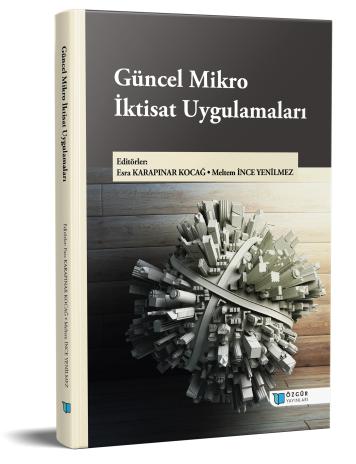
Environmental Sustainability in Turkey: The Roles of Economic Growth, Agriculture, Renewable Energy and Trade
Chapter from the book:
Karapınar Kocağ,
E.
&
İnce Yenilmez,
M.
(eds.)
2024.
Contemporary Microeconomics Applications.
Synopsis
This study aims to analyze the impact of agriculture, renewable energy, trade openness and economic growth on carbon dioxide (CO2) emissions in Turkey. Using quarterly data for the period 1990Q1-2022Q4, the long-run relationships between the variables are investigated with the autoregressive distributed lags (ARDL) model. Preliminary findings show that increases in agricultural productivity and trade openness lead to a significant increase in CO2 emissions. Moreover, an increase in renewable energy use has a positive effect on reducing CO2 emissions and economic growth contributes to a slight decrease in emissions. These findings support the validity of the Environmental Kuznets Curve (EKC) and the Pollution Paradise Hypothesis in the Turkish context. The final conclusions of the study aim to more comprehensively address the effects of increasing the use of renewable energy, low carbon economy and trade reforms as well as sound environmental policies that minimize CO2 emissions on the agricultural sector and the green economy.

